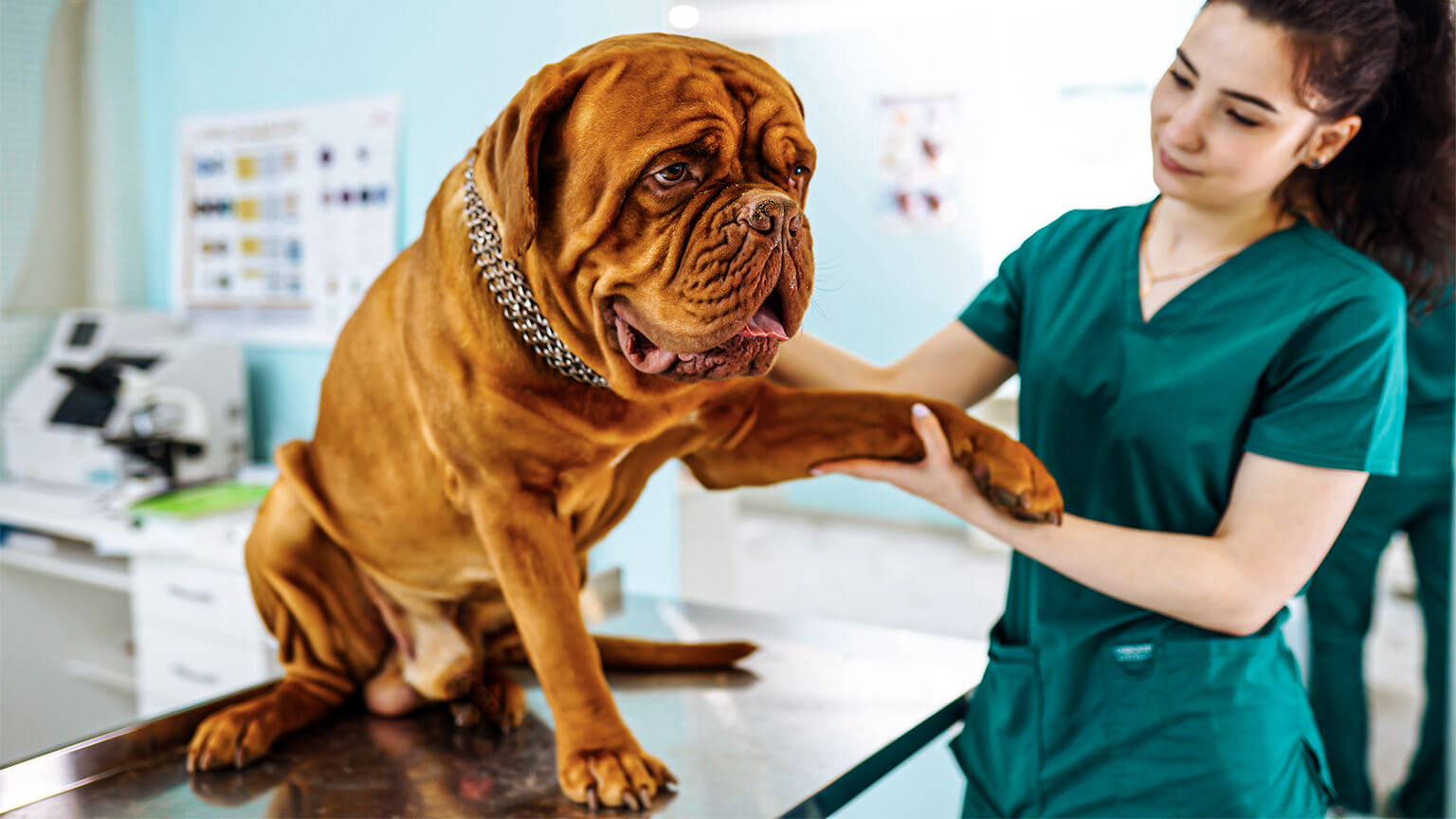Holding a Certificate II in Animal Care is a starting point in this industry. It prepares people for work in organisations such as animal shelters, boarding/daycare facilities, doggy daycare, behaviour and obedience training facilities, sanctuaries, and veterinary clinics.
Volunteering and completing Work Placement are excellent ways to take your first steps into these industries.
Let’s have a look at what working in each of the main industries is like.
RSPCA NSW Short Tails – A Day In The Life Of An Animal Attendant
Day in the life of a veterinary nurse
Veterinary Receptionists: More than Answering the Phone
DOG JOBS AUSTRALIA - S01E04 - Search & Rescue Dogs Australia
Be A Zoo Keeper | Get My Job
Pet / Animal Groomer career - A day in the work life
A Day In The Life Of An RSPCA NSW Inspector
So, where can this qualification take you? This qualification can take you on many career paths within the animal care industry, depending on your passions and special interests. If you are particularly interested in working with large animals, you may wish to look further into the equine industry: horse racing, breeding, Equine Veterinary Nurse and Farrier, to name some. Or you may have your sights set on working with wildlife. If this is the case, you may want to work for the RSPCA Wildlife Hospital as a veterinary nurse or at a wildlife sanctuary as a keeper. There is also the field of Animal Control and Regulation, behaviour, grooming, and so many more.
The Animal Care and Training Package, which is Certificate II in Animal Care, has a number of qualifications that allow you to continue your studies, specialise, and enhance your knowledge. These range from Certificate 1 to Diploma levels with additional skill sets.
The skills and job roles in the animal care and management industry are diverse, but they all have a role in supporting the welfare of wildlife, exhibited, working and domestic animals and supporting our broader community and ecosystems.
Skill sets allow you to not only complete a full qualification but enhance your skills and knowledge in specific topics. For example, you may have been working for 3 years in a small animal clinic, then decide that wildlife is your real passion. You can increase the skill set that you have developed through study and work by completing the ACMSS00026 Orphan Native Wildlife Carer Skill Set, making you more employable in a wildlife hospital or as a veterinary nurse in a wildlife sanctuary. Or, if you work at a cattery that would like to offer cat grooming to their clients now, you can increase your existing skills by completing the ACMSS00033 Cat Grooming Skill Set. The options are plentiful for those looking for a rewarding, hands-on career.
The Australian Apprenticeships Pathways has excellent information on areas that are currently in demand of workers and job-hunting information.
There are industry-specific job advertising platforms along with the normal ones, such as Seek, Linked In, Ethical Jobs, Jora, and Indeed. These include but are not limited to:
- Provet Classifieds
- Kookaburra Veterinary Employment
- Vetlink
- Veterinary Careers
- Vet & Pet Jobs Marketplace
- Australian Wildlife Conservation
- appvoc.com/top-6-animal-care-jobs/
Many larger organisations and government will have their own careers pages linked to their website.
